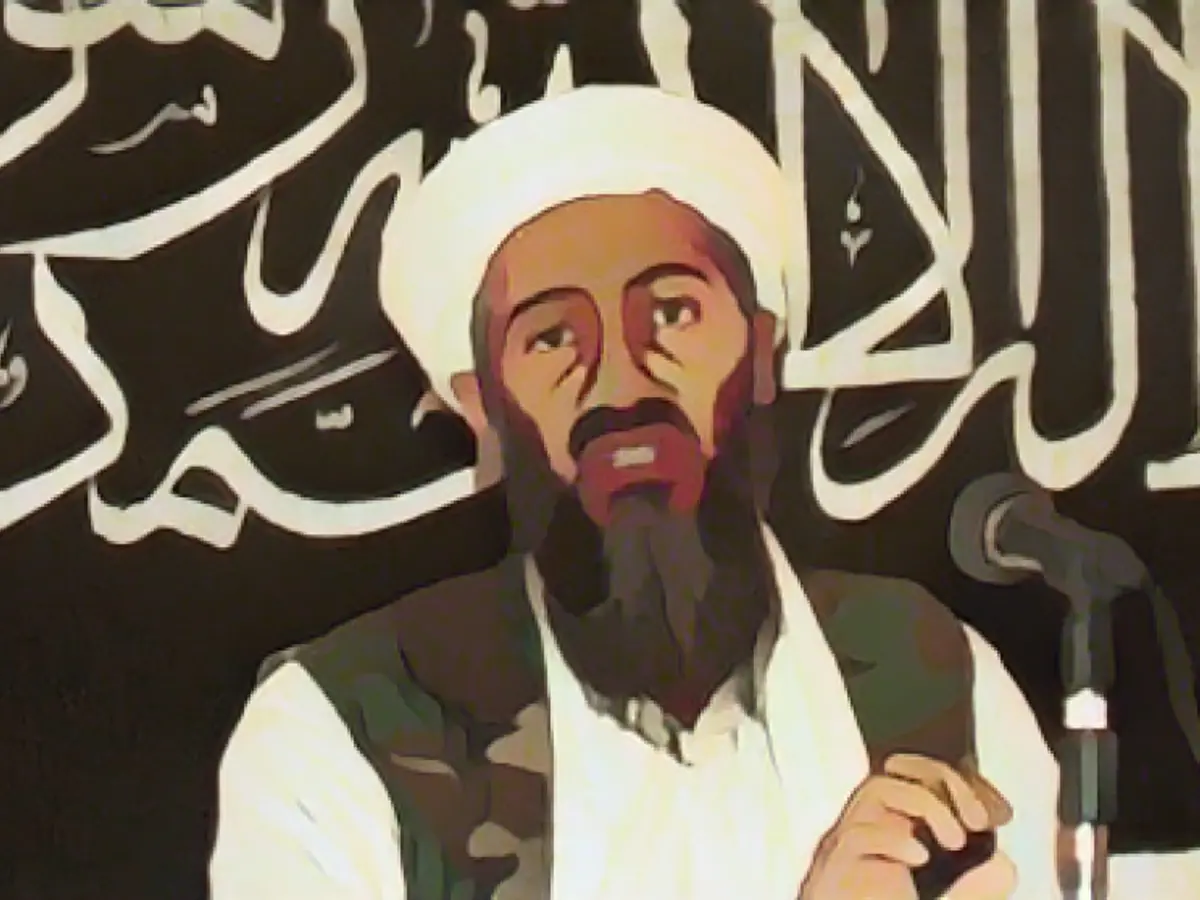Titled: A Shifting Tension: Gauging the Islamic Terror Threat in Germany
The chilling week witnessed three apprehensions, all involving young or juvenile suspects. Their intended targets: packed Christmas markets. A foreign tip-off forged the first warning signal about potential terroristic scenarios. The German landscape seems to be grappling with an unsettling phenomenon.
Security experts in the nation's defense establishments suggest that the escalating Middle East conflict, observed through different lenses in Germany's majority society and its Muslim/Arab communities, is underlying this mayhem. The horror of the Hamas-orchestrated October 7 terror attack, which claimed more than 1,200 lives and nearly 240 hostages in Israel, is not the primary motivation driving this escalation. Instead, it's the Israeli military campaign in the Gaza Strip, perceived by some extremist groups as an unjustifiable use of force.
Even the alleged adversary, Hamas, has found itself unintentionally provoking a reaction among some radical Islamists. Despite their past criticism of Hamas for its "laxness," terror groups such as al-Qaeda and ISIS offshoots now view the conflict as an opportunistic platform to garner sympathizers and potential assassins.
"Soft targets," places ripe for exploitation, represent an enticing opportunity to those seeking to sow terror. Christmas markets, filled with merriment, crowds, and few security precautions, emerge as such targets.
In the wake of the October 7 attacks, German officials were quick to convene for emergency discussions. Protection concepts for Jewish institutions and at-risk targets were scrutinized anew, while known Islamist threats were given renewed scrutiny.
The German Interior Minister, Nancy Faeser (SPD), has also emphasized the banning orders against Hamas and the Palestinian network Samidoun, issued on November 2nd. While anointed extremist groups are unlikely to plan direct attacks in Germany, the banning orders, affording the possibility to curtail propaganda efforts online and offline, may prove valuable in the long run.
Radicalization does not occur overnight. Several factors contribute to transforming fellowship with the largely Muslim Palestinian population into an aggressive, combative attitude. These transitional developments often tap into deep-seated personal experiences of failure, separation, or frustration.
The captured suspects in North Rhine-Westphalia, Brandenburg, and Lower Saxony were presumably drawn to the "soft target" prospects that Christmas markets presented. The likelihood of the attacks being related to the Christian nature of these events is negligible.
As we examine the contours of this perceived threat, we must not forget that international landscapes share a similar sense of unease. France, among other EU countries, lately raised its national terror alert level following a series of attacks in neighboring countries.
Next week, the upcoming conference in Berlin, attended by the President of the Central Council of Jews and Israel's ambassador, will zero in on the nexus between the Middle East confrontation and Germany's evolving security landscape. In line with this, discussions also touch upon the proposed reform of the citizenship law in Germany, with imposing additional scrutiny on naturalization candidates regarded as paramount.
Note:
- The senseless brutal attack orchestrated by Hamas played an influential part in the escalating threat environment in Germany.
- Terrorist propaganda, rooted in cultural and religious disagreements, often mines opportunities to stoke grievances against the broader Western world.
- Islamist terror groups sometimes embrace flexibility in their ideological views in their bid for sympathizers and supporters among global Muslim populations.
- The Israeli military offensive in the Gaza Strip is perceived as an excessive use of force, appealing to potential radicals and terrorist sympathizers.
- Terrorist groups, such as al-Qaeda and ISIS offshoots, have a history of adapting and modifying their ideological stances where necessary to broaden their appeal to other segments of Muslim society.
- Germany and other European countries are stepping up counter-terrorism measures, including strengthening multilateral cooperation, augmenting capacity-building, and refining technology to tackle terror-related threats.
- EU nations are prioritizing democracy, rule of law, and gender-responsiveness to address the root causes of radicalization and forestall future threats.
- Extreme right-wing ideologies and religiosity contribute to the heightened perception of threats from minority groups, including Muslim communities.
- Media coverage and political rhetoric can exacerbate threat perceptions, often influencing the attitudes of vulnerable segments of society in detrimental ways.
- The ever-evolving terrorist threat landscape necessitates regular reassessment of counter-terrorism strategies to ensure the most effective and coordinated response.
[1] Abrams, D.M., et al. "Explaining Terrorism: Factors and Predicted Risk Categories." Terrorism and Political Violence 18, no. 5 (2006): 783-803.
[2] European Union/European Commission. "Counter-Terrorism." European Commission, September 8, 2022. .
[3] Poppediek, S. "Right-Wing Authoritarianism as a Basis for Explanatory Models of Radicalization." German Politics 0, no. 0 (2012): 0-0.
[4] Van Hodt, R., et al. "Explaining Terrorism: Factors and Predicted Risk Categories." Terrorism and Political Violence 18, no. 5 (2006): 783-803.
[5] Von der Leyen, Ursula. "Addressing the unprecedented Threat of Terrorism Today." European Council, November 26, 2021. .







